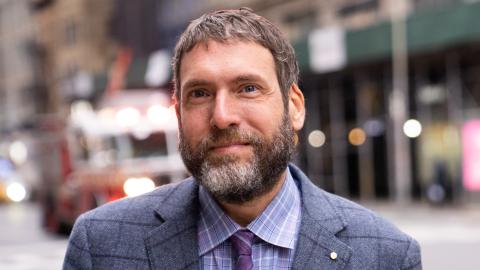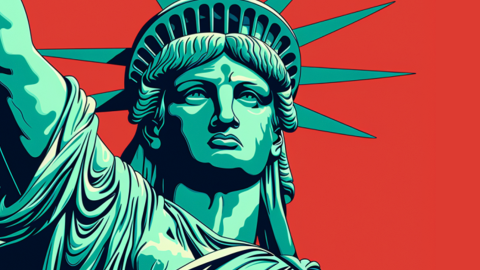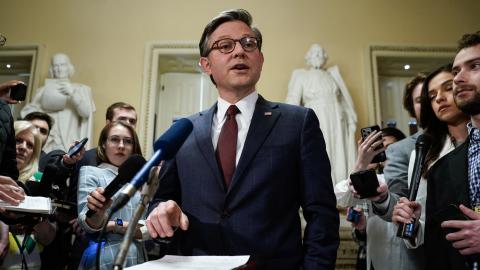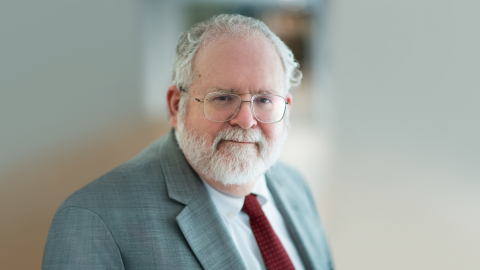
11
July 2012
Past Event
A Round Table Discussion on Nigeria's Boko Haram with Representatives of the Christian Nigerian Association
A Round Table Discussion on Nigeria's Boko Haram with Representatives of the Christian Nigerian Association
Past Event
Hudson Institute, Washington, D.C. Headquarters
July 11, 2012
Share:
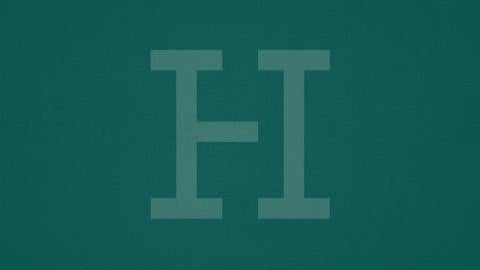
Related Events
26
April 2024
Virtual Event | Online Only
South Africa’s Historic Election: A Conversation with Inkatha Freedom Party National Spokesperson Mkhuleko Hlengwa
Featured Speakers:
Mkhuleko Hlengwa
Joshua Meservey
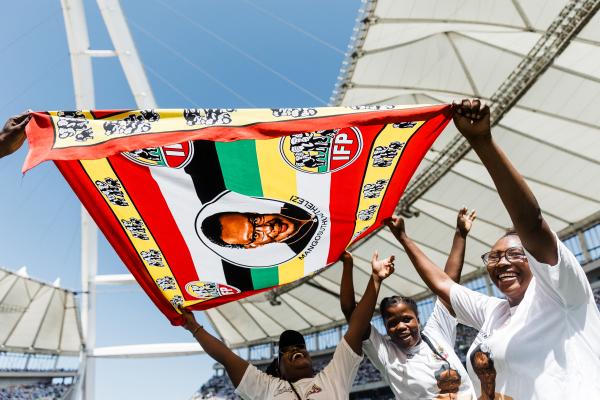
26
April 2024
Virtual Event | Online Only
South Africa’s Historic Election: A Conversation with Inkatha Freedom Party National Spokesperson Mkhuleko Hlengwa
Mkhuleko Hlengwa will offer insights into the IFP’s governing philosophy, its perspective on foreign policy, and its assessment of the impending national elections.
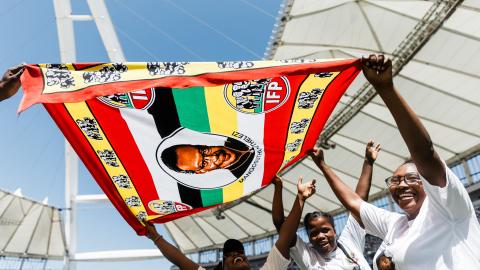
Featured Speakers:
Mkhuleko Hlengwa
Joshua Meservey
29
April 2024
In-Person Event | Hudson Institute
Latin America’s Foreign Policies at a Crossroads
Featured Speakers:
Hector Schamis
Daniel Batlle
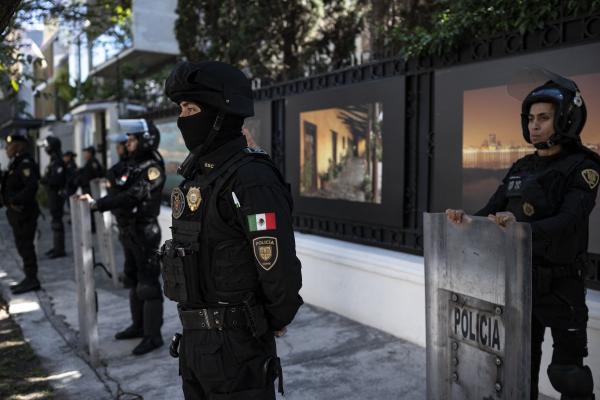
29
April 2024
In-Person Event | Hudson Institute
Latin America’s Foreign Policies at a Crossroads
Join Hudson for a conversation with academic and columnist Hector Schamis on how Latin American governments’ approach to foreign policy destabilizes the region.
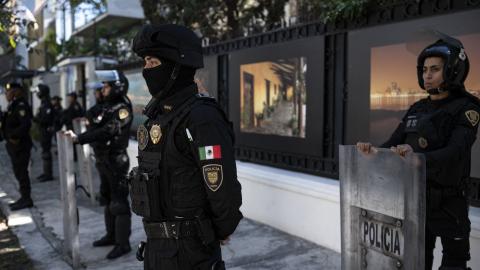
Featured Speakers:
Hector Schamis
Daniel Batlle
30
April 2024
In-Person Event | Hudson Institute
Northern Europe, NATO, and the War in Ukraine: A Conversation with Lithuanian Minister of Defense Laurynas Kasčiūnas
Featured Speakers:
Laurynas Kasčiūnas
Peter Rough
Tomas Janeliūnas
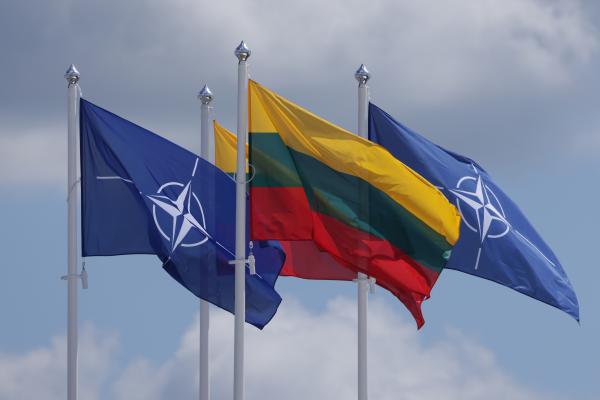
30
April 2024
In-Person Event | Hudson Institute
Northern Europe, NATO, and the War in Ukraine: A Conversation with Lithuanian Minister of Defense Laurynas Kasčiūnas
Join Hudson Institute’s Peter Rough as he sits down with Lithuania’s minister of defense, Laurynas Kasčiūnas.
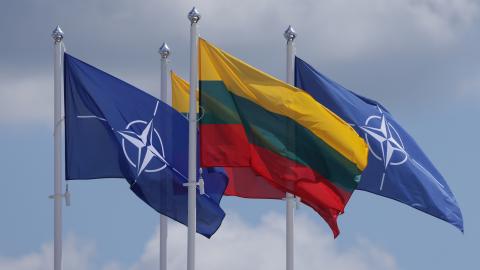
Featured Speakers:
Laurynas Kasčiūnas
Peter Rough
Tomas Janeliūnas
09
May 2024
In-Person Event | Hudson Institute
Keeping the Republic: A Defense of American Constitutionalism
Featured Speakers:
Mark Landy
Dennis Hale
Moderator:
Rachel Mackey















